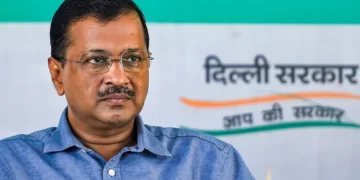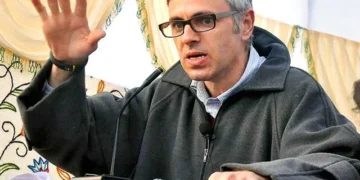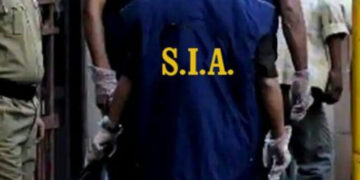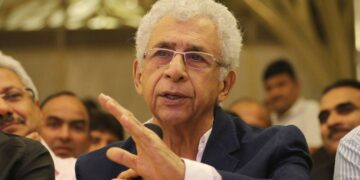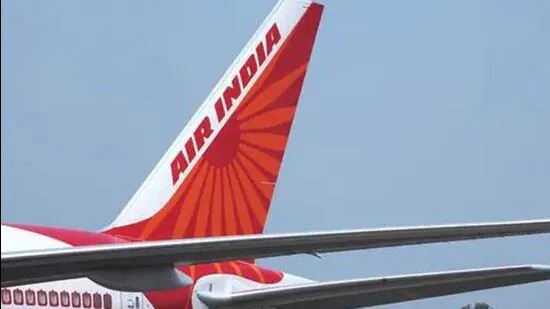Amid the acute cabin crew shortage faced by Air India leading to flight delays in some cases, the airline’s pilots have raised their voices against the management over long work hours and have written to the chief executive officer (CEO) and managing director (MD) Campbell Wilson and its chief human resource manager, to highlight their issues.
The letter, accessed by news agency, mentions that they (pilots) will not and cannot work beyond their maximum flying hours.
“We cannot assure that our members will undertake flying duties exceeding 70 hours a month. Any coercive action by the management will lead to industrial action to safeguard flight safety and well-being of our members,” the letter dated December 13 stated.
“Though management might refute the charges of crew shortage in public, the reality is there for everyone to see,” it said.
Air India did not comment on the matter.
“It is not only the cabin crew who are facing issues due to shortage but also the cockpit crew who are asked to work overtime due to the shortage of pilots. It is demotivating that we continue to face issues with the management despite the airline being privatised,” an airline official told news agency.
This is probably the first time that the pilots have approached the Tata management to raise their concerns.
Air India, which was being operated by the union government, was bought by the Tata group in January this year making it a private entity.
In the statement, the pilots said that they have been flying over 90 hours not only on B777 aircraft but also on all fleets.
The pilots have also raised the issue of denials and cancellation of the leaves by the management.
“The number of leave denials and cancellations is staggering. We cannot maintain the printed planned roster due to a shortage of pilots, as CMS does not have standby pilots. More often than not, the schedule is “managed,” keeping the paperwork in order while the regulatory FDTL may have been undermined,” the letter mentioned.
“This is not acceptable to us anymore, and we will be forced to take steps by involving regulatory authorities to end this manipulation,” the pilots warned.
According to the pilots, they are also facing pay cuts in the months that they fall sick, avail leave, undergo training, or renew their license or security clearance.
HT has learnt that while the industry standard is to pay pilots for a minimum of 70-80 hours of flying, Tata group-owned Air India has a fixed pay of only 20 hours and pilots are paid on the ‘more you fly- the more you earn’ basis.
“No other airline treats its aviators like corporate employees,” the letter read.
Moreover, amid plans to expand its fleet as well as international operations, Air India has begun recruiting expat pilots for the 777 fleets at a package that, according to airline officials, is at least 80% higher with significantly higher leave benefits than what is being provided to their long-serving pilots.
“On one side, the company is unwilling to revert to the fixed pay and overtime rates for Indian pilots but splurges on ex-pats. We vehemently oppose this discrimination against Indian pilots,” the pilots stated.
The pilots in the letter warned that they can no longer sacrifice their quality of life, work-life balance, and long-term health.
“On humanitarian grounds, we strongly suggest that you inform the operations department not to torment our pilots to accept pullouts beyond the printed roster. Additionally, flying more than 70 hours is detrimental to our overall well-being,” they stated.
A letter was also written to the CEO on December 8 by the pilots stating that there is a delay in processing various renewals by external agencies, be it flying licenses, medical, airport entry pass (AEP), or license endorsements for commanders.
Domestic flights of Air India are witnessing flight delays due to the shortage of crew. This comes after the airline saw at least six flights to US/Canada being delayed due to cabin crew unavailability last week.
Officials said that at least two flights on the Delhi- Mumbai sector on Wednesday saw major delays due to the unavailability of the crew as well as engineering-related issues.


